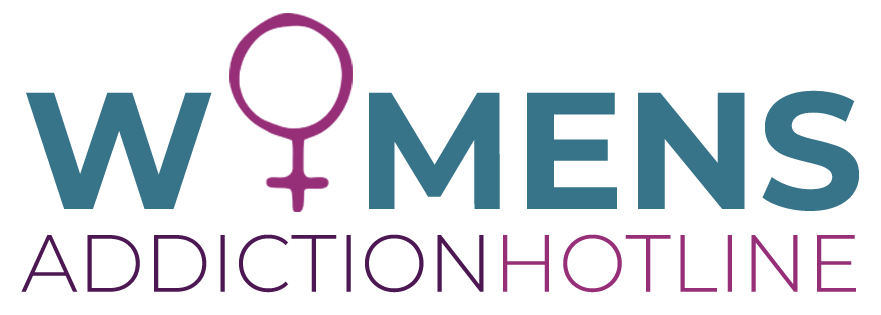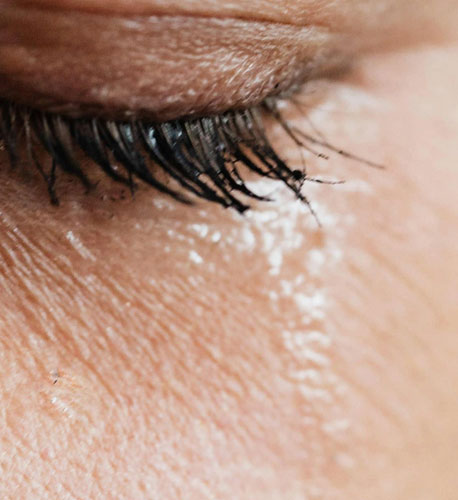New Hampshire Women’s Addiction Hotline
New Hampshire Women’s Substance Abuse Hotline
New Hampshire Women’s Drug & Alcohol Abuse Statistics
Substance abuse among women in New Hampshire is a significant issue, with high rates of misuse reported across various categories[1][2]. According to the National Survey on Drug Use and Health, females consistently reported higher rates of use than males in all categories[3]. The prevalence of substance abuse in women in New Hampshire has historically been high[2], In addition, homeless women and single mothers are also at a higher risk of alcohol or drug use, especially those who have experienced trauma or abuse[4].
The types of substances commonly abused by women in New Hampshire include prescription psychotherapeutics, such as pain relievers and tranquilizers[1]. However, the impact of substance abuse on women’s health and well-being extends far beyond the specific substances used.
Substance abuse can lead to a range of negative physical and mental health outcomes, including: – Increased risk of chronic disease – Impaired cognitive function – Depression and anxiety – Relationship problems – Financial difficulties – Legal issues In addition, some substances can increase the likelihood of reproductive issues, such as infertility and pregnancy complications[5].
The impact of substance abuse on women’s health and well-being is particularly concerning given the high rates of intimate partner violence (IPV) experienced by women who use drugs. Substance misuse is common among individuals exposed to IPV, and IPV-exposed women are at risk of transitioning from substance misuse to substance use disorder[6]. Addressing substance abuse among women in New Hampshire requires a multifaceted approach that addresses both the individual and societal factors contributing to the issue. By providing access to comprehensive treatment, support, and resources, women can begin to address the underlying issues contributing to their substance abuse and work towards a healthier, more fulfilling life.
References
1. Explore Illicit Drug Use – Women (18-49) in New Hampshire. from www.americashealthrankings.org
2. Review of Gender Related Trends Among People …. from scholars.unh.edu
3. Women and Substance Abuse Problems – BMC Women’s Health. from bmcwomenshealth.biomedcentral.com
4. Recovery Support. from www.cc-nh.org/our-causes/recovery-support/
5. Substance Use in Women Research Report: Summary | NIDA. from nida.nih.gov
6. Intimate partner violence, substance use, and …. from www.ncbi.nlm.nih.gov/pmc/articles/PMC9912846/

Women’s Substance Abuse Treatment Resources New Hampshire

New Hampshire Government Women’s Substance Misuse Treatment
New Hampshire Government Women’s Substance Misuse Treatment. Substance Misuse Treatment Services. The treatment system in NH consists of an array of levels of care including outpatient, intensive outpatient, partial hospitalization, residential, withdrawal management, and peer and non-peer recovery support services. Many of these services are paid for by public and/or private insurance programs as well as funding from DHHS to help individuals with accessing treatment services. Starting treatment is often the first step towards recovery and can leave people feeling overwhelmed and confused. It is helpful to know that resources are available to you to help make this step easier. MAT is used to treat substance misuse disorders as well as sustain recovery and prevent overdose. MAT is the use of medications, in combination with counseling and behavioral therapies, to provide a “whole-patient” approach of the treatment of substance misuse disorders.

NH Connections New Hampshire Government Substance Misuse
NH Connections New Hampshire Government Substance Misuse. New Hampshire is among the top five states with the highest rate of opioid-involved deaths. In 2017, there were 424 drug overdose deaths involving opioids in New Hampshire. As the increase of opioid use rises, we have now seen an increase in babies diagnosed with Neonatal Abstinence Syndrome (NAS). Substance misuse doesn’t just affect the individual, it also affects everyone around them.

Families Flourish Northeast NH Women’s Substance Use Treatment
Families Flourish Northeast NH Women’s Substance Use Treatment. Our mission is to fill a critical gap by providing trauma-informed residential substance use disorder treatment for pregnant and parenting women in a warm, safe, and supportive community. Our vision is to support lifelong health, healing, and recovery for women, children, families, and communities by interrupting the intergenerational cycle of addiction. FFNE grew from a dedicated group of addiction psychiatrists, women’s health clinicians, and other community members. They identified an urgent need for an intensified residential treatment program that serves pregnant and parenting women with severe substance use disorder and co-occurring mental illness. Using a holistic trauma-informed approach, the intent is to welcome women to stay with their children.

Hope For New Hampshire Recovery Drug Alcohol Issue Help
Hope For New Hampshire Recovery Drug Alcohol Issue Help. Hope for New Hampshire Recovery. If you’re looking for help with your drug or alcohol issues, you’re in the right place. If you’re already in recovery and want to connect with others, you’re in the right place. If you want to discover some of the magic within you through painting, music, writing or just spending time with positive folks, you’re in the right place. At Hope, we walk with you, meeting you where you’re at; not telling you what to do but offering suggestions along the way. This is your recovery! Our staff can help you make a recovery plan and find your personal recovery pathway but most importantly we help you connect to others with similar interests so that you don’t have to feel alone in this new way of life. We can also help you access treatment information, and other resources such as health insurance, housing, and basic needs. Making connections to a supportive recovery community gives you the support you need to help you through challenging times in recovery.

